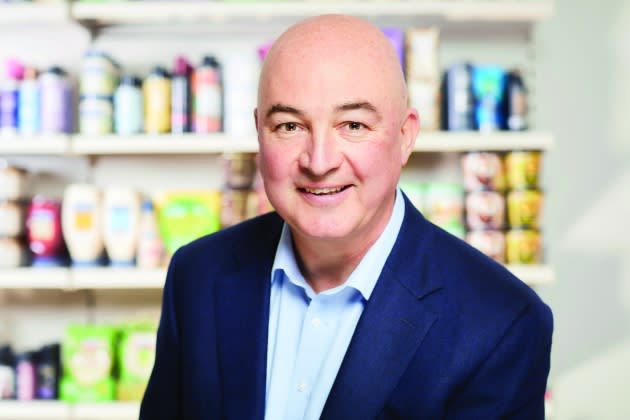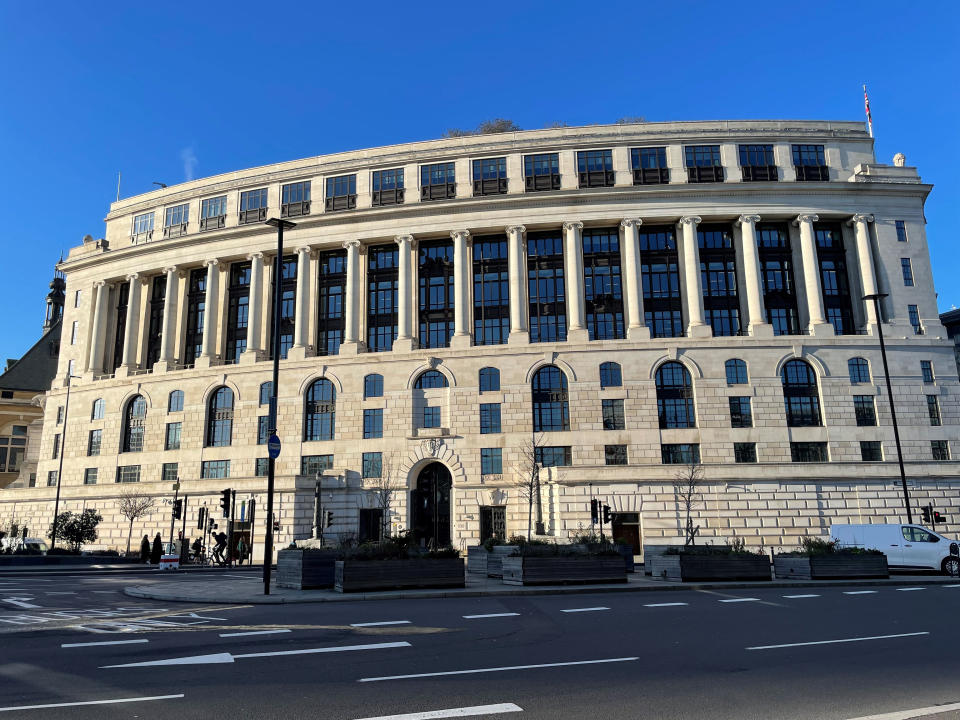Unilever Welcomes Nelson Peltz as Prestige Beauty Builds Momentum

LONDON — The summer marks a turning point for Unilever, parent of brands ranging from Dove and Tatcha to Ben & Jerry’s and Magnum, as it welcomes activist investor Nelson Peltz; transitions to a new organizational structure, and doubles down on its high-performing beauty and wellness categories.
Despite inflation and supply chain woes, the consumer giant surprised the markets on Tuesday with a 14.9 percent uptick in turnover to 29 billion euros. On an underlying basis, growth in the six-month period to June 30 was 8.1 percent.
More from WWD
Operating profit hit 4.5 billion euros, an increase of 1.7 percent, and 4.1 percent on an underlying basis.
In the second quarter, turnover rose 17.5 percent to 15.8 billion euros on a reported basis, and was up 8.8 percent underlying, compared with market expectations of 7 percent.
Jefferies said the robust second-quarter performance reflected “stronger-than-expected price realization in a tough commodities environment,” while RBC described the quarter, and the half, as “solid.” The bank said “Unilever appears to be doing more right than it has for a while.”
During a question-and-answer session following Tuesday’s results presentation, Unilever chief executive officer Alan Jope confirmed that Peltz joined the board as a non-executive director and a member of Unilever’s compensation committee on July 20.
“I’ve had many conversations with him in the last few months. He brings enormous experience on the consumer products industry, and is making a very constructive contribution as a board member,” said Jope.
“It is very early days, of course, but I think he wants what we all want, which is to see continued, high-quality, sustained, consistent growth from the company, and to unlock the real value of this great company. Maybe that gives you a little bit of a feel for the conversations with Nelson so far,” he added.
As reported, Peltz was appointed to the board earlier this year after his hedge fund, Trian Fund Management, purchased about 1.5 percent of Unilever’s share capital, worth around $1.64 billion.
Peltz, who’s known for his hands-on approach with big corporates, started rattling Unilever earlier this year following the company’s botched attempt to purchase GlaxoSmithKline’s consumer arm, Haleon, which floated last week on the London Stock Exchange.
Although Peltz is known for working closely with management and making changes to strategy, he probably won’t be shaking up Unilever’s Prestige or Wellbeing divisions anytime soon. Both categories notched double-digit increases in the fiscal second quarter, and accounted for 4 percent of all turnover in the half.
Jope noted that Prestige delivered second-quarter growth of 14 percent, which he said was helped by the launch of Tatcha into the U.K.; the return of consumers to offline channels, and the expansion of some of the division’s brands in China.
Unilever’s Health and Wellbeing division delivered 28 percent growth, with Liquid I.V., the electrolyte drink mix, a top performer in the period.
Unilever’s chief financial officer Graeme Pitkethly said Unilever’s acquisitions and disposals had “a positive impact of 0.6 percent” on the underlying growth in the half and called out Paula’s Choice, which Unilever purchased last summer, as the main driver of that growth.

Overall, Jope said the first-half performance built on Unilever’s momentum in 2021, “despite the challenges of high inflation and slower global growth.”
He noted the underlying sales growth of 8.1 percent was helped by “strong pricing” policies aimed at mitigating input cost inflation. He also acknowledged that higher prices ate into volume growth in some regions.
As a result of the higher prices, Unilever said it plans to raise its sales guidance for the year.
Underlying sales growth was previously pitched at the “top end” of a range of 4.5 to 6.5 percent. Unilever said it now expects underlying growth to be above that range, driven mainly by price, and with “some further pressure” on volume.
Jope added that net material inflation for the year is expected to remain high, at around 4.6 billion euros.
Following the results presentation, shares in Unilever bounced 2.5 percent to 40.14 pounds in midmorning trading on the London Stock Exchange, and closed up 2.8 percent at 40.25 pounds.
Unilever’s price hikes dominated the analyst call on Tuesday morning.
Jope admitted that the group was facing “gigantic” input costs, and said the company and its peers were were likely to witness “sustained inflation and slower growth” into 2023.
Pitkethly said costs remained high for raw materials such as palm kernel oil, aluminum and soybean oil. He said Unilever was pricing products “proactively” so that it could reinvest profits in its brands and research and development.
Jope added that while Unilever had zero control over inflation, the company would remain “agile” with regard to prices, raising and slashing them depending on the situation in the various markets.
In the first half, overall sales in two of Unilever’s “priority” markets, the U.S. and India, grew strongly, while sales in China, its third major market, were impacted by lockdowns in the second quarter.
Beauty and Personal Care was the single largest division in the first half, generating turnover of 12.2 billion euros. Underlying sales growth in the division was 7.5 percent, due chiefly to price hikes and newly acquired brands.
Skin care grew by low-single digits on the back of strong comparisons with the previous year, with Pond’s showing robust growth, especially in India. Unilever said skin cleansing returned to growth, with Dove’s strong pricing and flat volume supported by the launch of premium innovations in North America.
Jope said Unilever’s planned switch to a simpler, more category-focused reorganization came into effect on July 1. He said the changes, aimed at streamlining the way the company operates, will underpin the delivery of consistent growth.
He added that Unilever’s split into five semiautonomous business groups marked a “substantial” change for the company. He said the changes have already elicited an enthusiastic response from staff.
“There’s a renewed focus, energy and urgency to the work they are doing,” Jope said, adding that he plans to give more details about the reorganization in September.
In the first half, Unilever said it increased its absolute brand and marketing investment, and it will invest competitively in marketing, R&D and capital expenditure in the second half.
While the medium-term macroeconomic and cost inflation outlooks remains uncertain and volatile, Jope said delivering growth “remains our first priority. Against this backdrop, we continue to expect to improve margin in 2023 and 2024, through pricing, mix and savings.”
Sign up for WWD's Newsletter. For the latest news, follow us on Twitter, Facebook, and Instagram.


